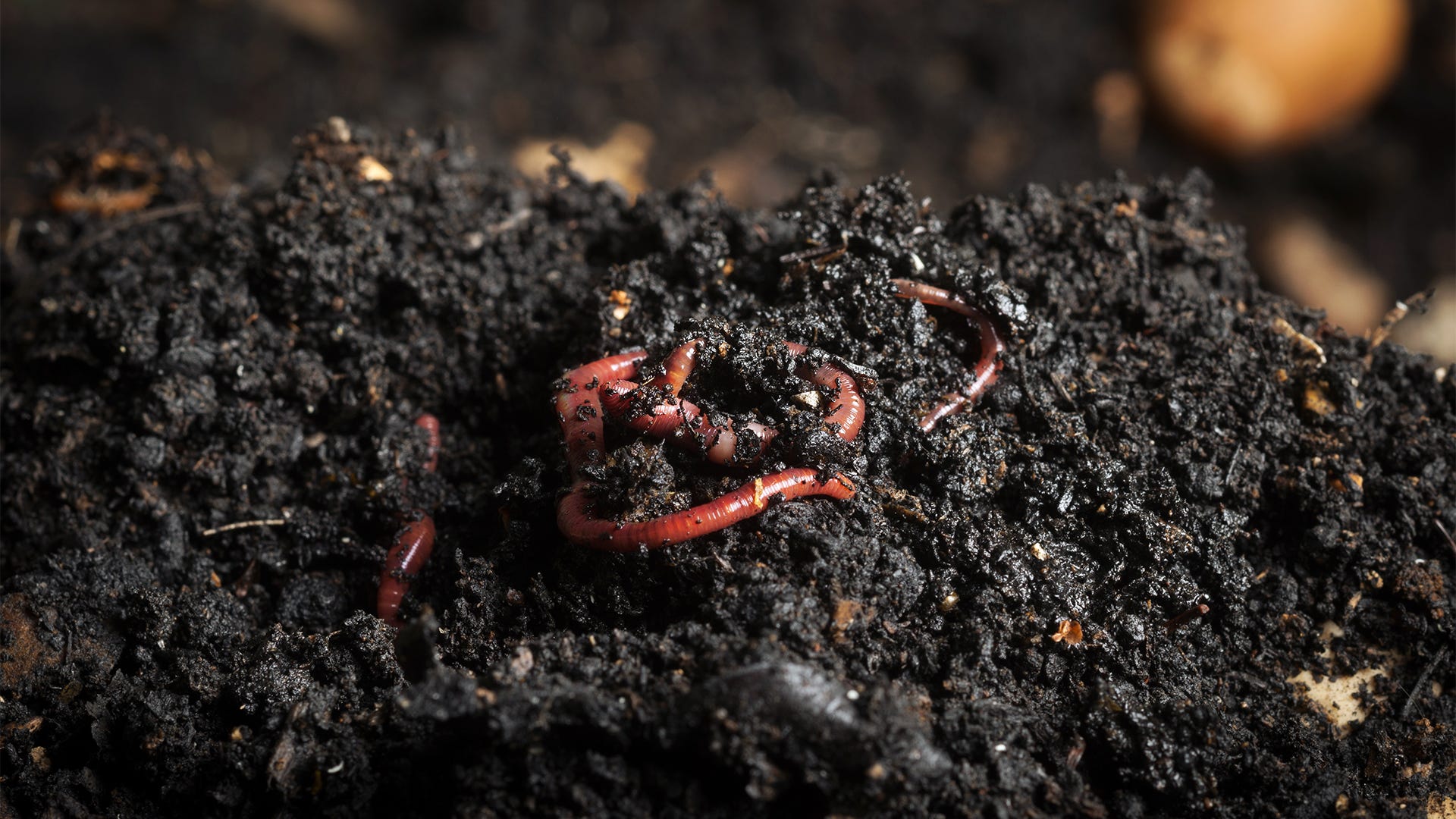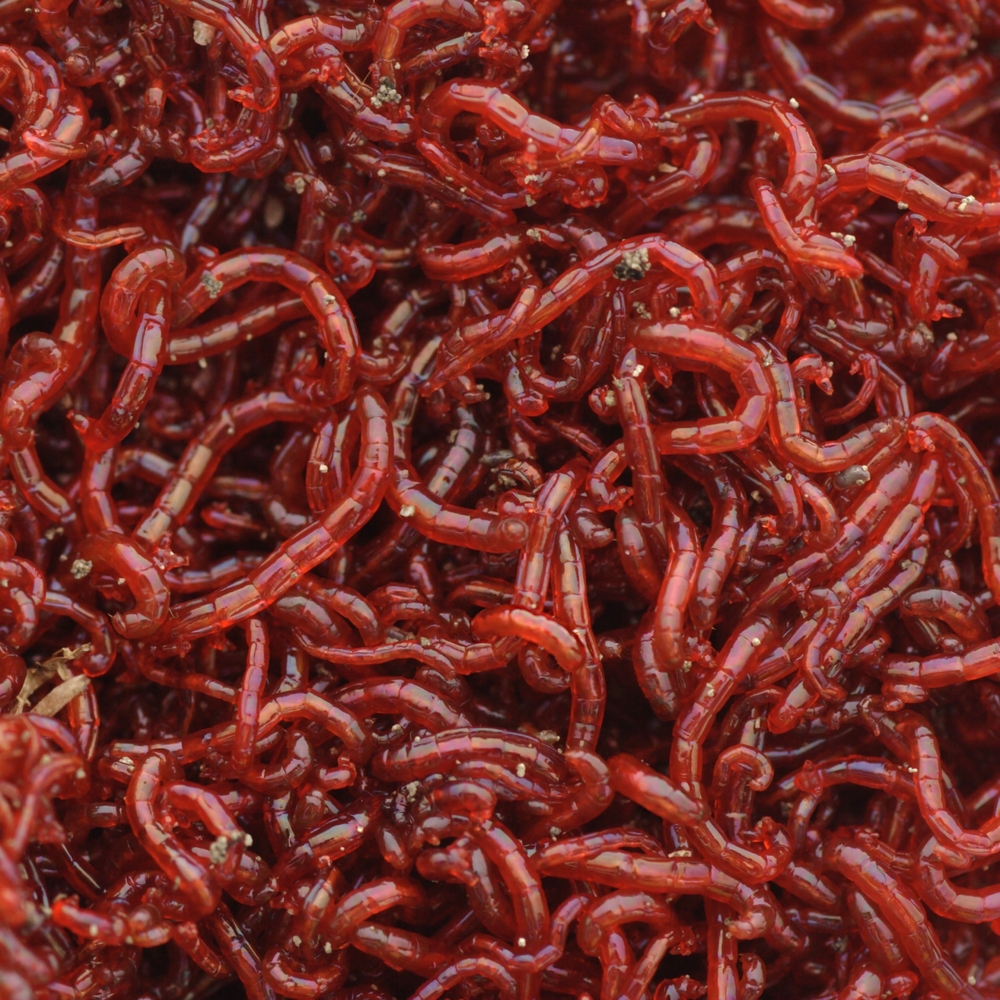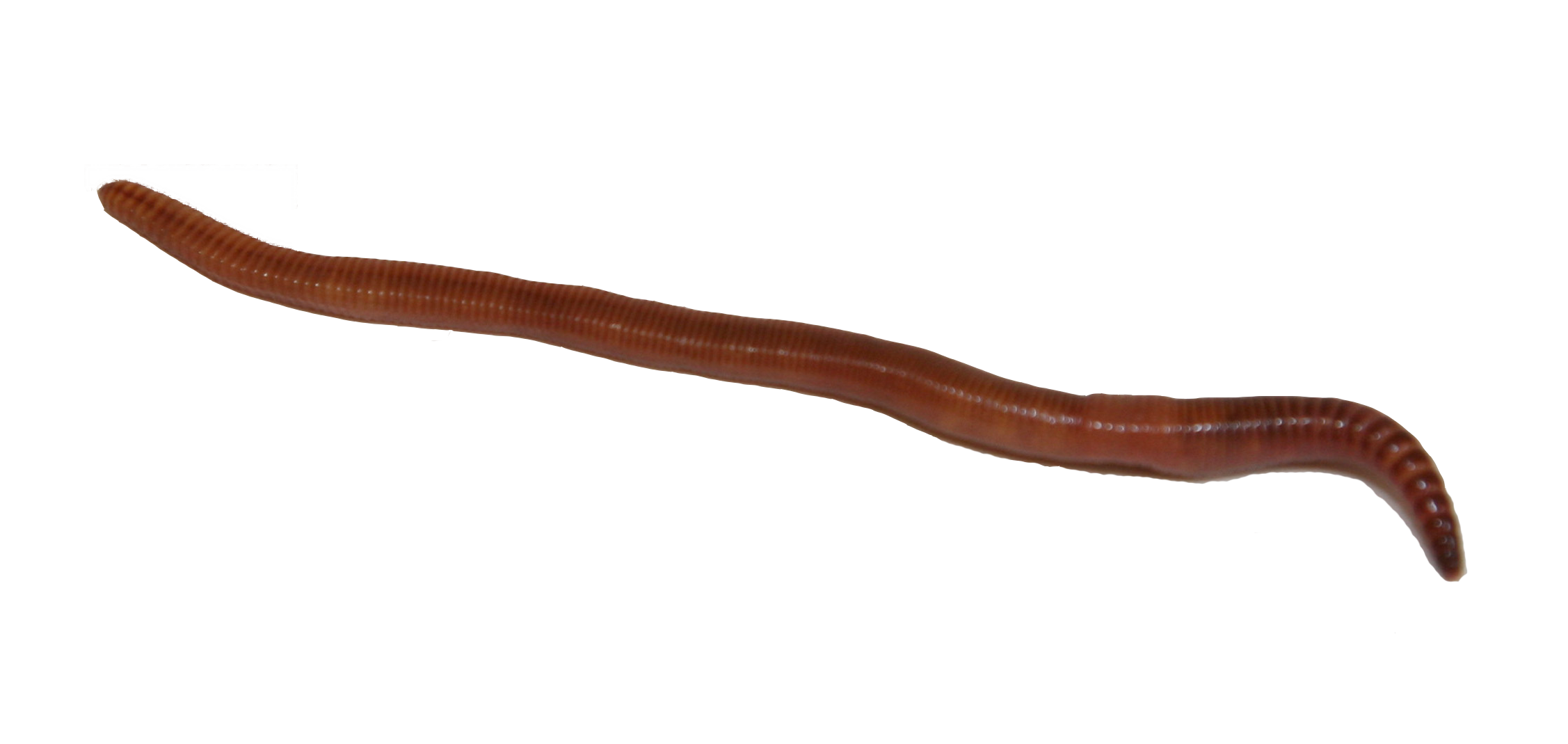Eco-friendly red worms: Composting made easy
Eco-friendly red worms: Composting made easy
Blog Article
Why Red Wigglers Are Essential for Chemical-free Farming
Red wigglers play a crucial duty in natural farming, mainly via their one-of-a-kind ability to decompose natural products and improve dirt health. Their activity not only enriches the soil with vital nutrients but also fosters a thriving ecosystem crucial for lasting farming. Furthermore, the physical processes they engage in, such as oygenation and wetness retention, add dramatically to enhanced crop returns. Nonetheless, the degree of their effect on farming methods and soil biology increases intriguing questions regarding the future of chemical-free farming. What implications might this have for farming approaches?
Duty of Red Wigglers in Soil Health

Additionally, red wigglers boost soil framework by producing networks as they delve. These networks enhance aeration and water infiltration, advertising a much healthier origin setting. Their task also helps in keeping optimal wetness levels, which is important for healthy and balanced plant growth.

Advantages of Worm Castings
Worm castings, the nutrient-rich waste matter created by red wigglers, work as an effective change for natural farming. These castings are replete with necessary nutrients such as nitrogen, phosphorus, and potassium, which are important for plant growth. Unlike synthetic fertilizers, worm castings release nutrients slowly, offering a consistent supply gradually and lowering the danger of nutrient leaching and drainage.
Additionally, worm castings improve dirt structure and oygenation, promoting healthier root systems. Their high natural matter content improves dampness retention, allowing plants to much better stand up to drought problems. In addition, worm spreadings consist of helpful microbes that support plant wellness by reducing microorganisms and enhancing nutrition uptake.
The application of worm spreadings can result in enhanced crop returns and improved quality of produce, making them a very useful source for organic farmers. Their usage also lines up with sustainable farming methods, adding to dirt fertility without the negative environmental impacts related to chemical plant foods. In general, the consolidation of worm spreadings into farming techniques promotes an extra resilient and effective ecological community, underscoring the value of red wigglers in chemical-free farming systems.

Enhancing Nutrient Cycling
(red wigglers for sale cheap)Vitamins and mineral cycling is a critical process in organic farming, and the combination of red wigglers plays a pivotal role in improving this cycle. As red wigglers take in rotting natural matter, they excrete nutrient-rich castings, which are bursting with beneficial microorganisms.
Furthermore, red wigglers aid to speed up the mineralization of nutrients, converting them from inert types right into bioavailable kinds that plants can absorb. This process is crucial for maintaining soil fertility and promoting healthy crop development. The presence of red wigglers also urges a diverse soil ecosystem, cultivating an equilibrium of nutrients that supports different plant types.
Improving Dirt Structure
The enhancement of dirt structure is important for promoting a healthy and balanced farming ecological community, and the task of red wigglers significantly contributes to this enhancement. These earthworms play an important role in freshening the dirt and producing a network of channels that assist in water seepage and root infiltration. As they tunnel through the dirt, red wigglers break up compacted layers, permitting better oxygen exchange and promoting microbial activity.
Additionally, the raw material produced this contact form from their waste, understood as vermicast, improves soil aggregation. This process creates stable clumps of soil fragments, boosting dirt porosity and reducing disintegration (red wigglers). The visibility of red wigglers also motivates the growth of helpful fungal networks, which are crucial for nutrient uptake by plants
Promoting Sustainable Practices
Incorporating red wigglers into chemical-free farming techniques not only enhances dirt health however also promotes lasting farming techniques. These earthworms play an essential role in nutrient cycling, transforming natural waste right into beneficial compost that improves the soil. By utilizing red wigglers, farmers can efficiently minimize dependence on synthetic plant foods, thereby minimizing chemical overflow and its detrimental results on environments.
Additionally, the consolidation of red wigglers motivates the method of reusing organic products, such as kitchen scraps and ranch waste. This waste reduction strategy not only lowers disposal expenses however also fosters a closed-loop system where nutrients are continually gone back to the dirt (red wigglers). Such techniques are necessary in reducing climate modification, as they boost carbon sequestration and lower greenhouse gas emissions
Moreover, red wigglers improve water retention in the soil, which is essential in times of dry spell. Their burrowing activities create networks that enable water to penetrate deeper right into the ground, hence promoting reliable water usage. Eventually, incorporating red wigglers into natural farming not just sustains biodiversity but likewise straightens with the principles of sustainable farming, offering a holistic method to food manufacturing.
Conclusion
Finally, red wigglers play an important role in natural farming by dramatically improving soil health and wellness and fertility. Their ability to decay raw material and generate nutrient-rich castings cultivates a growing microbial community, which is crucial for nutrient biking. In addition, the burrowing activities of these worms improve dirt framework and oygenation, assisting in far better water infiltration and origin growth. Thus, the assimilation of red wigglers into farming practices is important for promoting sustainability and enhancing overall dirt quality.
Report this page